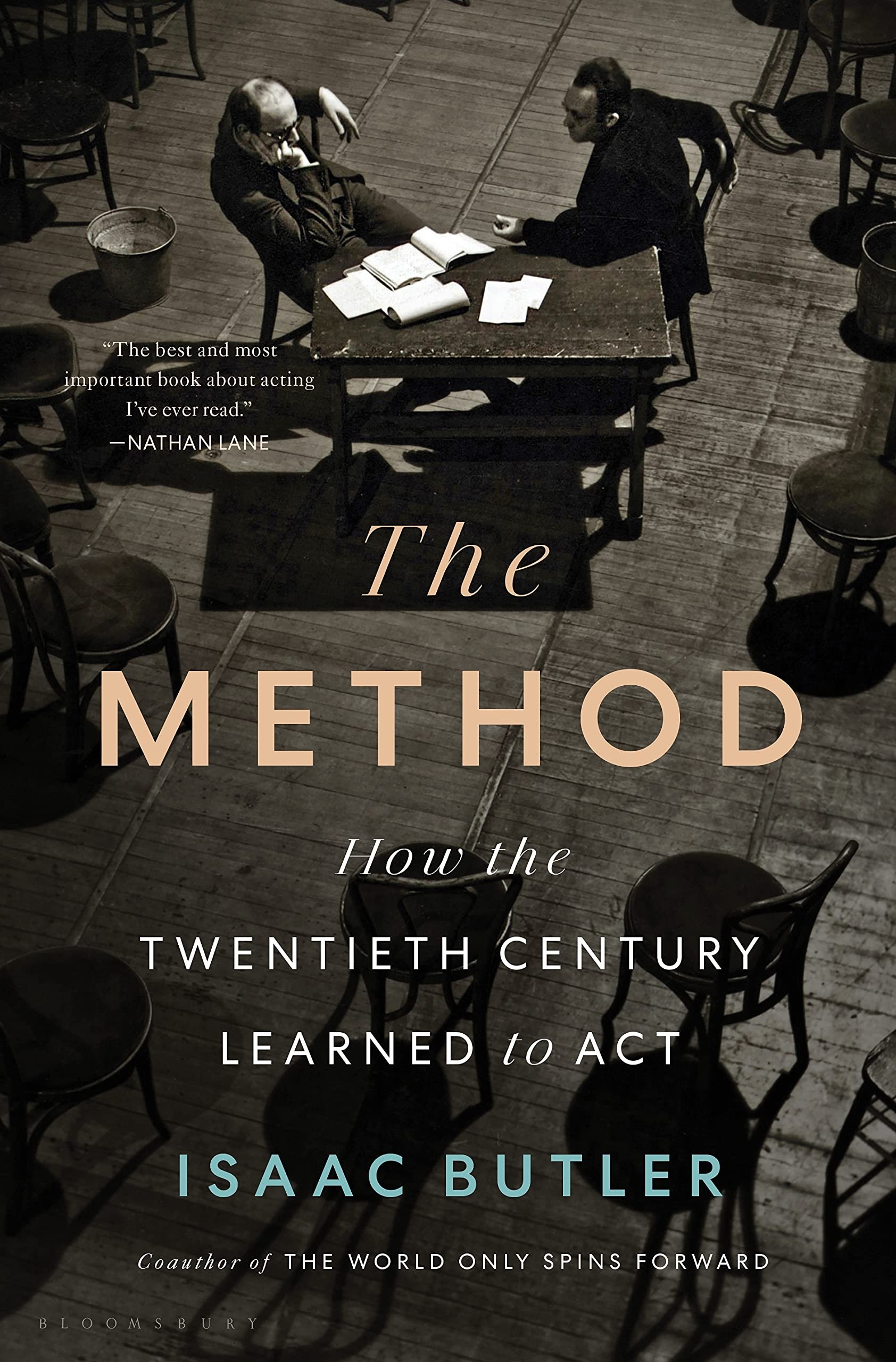
I do the same thing you do, just for opposite sides.
—John Waters, speaking to Andrew Breitbart
We live in a world of deep fakes, fake news, viral memes, and mainstream drag. We’re interconnected by our millions of daily digital (mis)information exchanges but still report feeling (self-)isolated. So where do we go for a little comfort, a little beauty, a little harmless illusion? To our bedrooms, to our screens, to watch our stories. But those stories, from the ones on I Love Lucy to the ones on the local news to the ones on Instagram Live, reach out and touch people and politics beyond the screen. Circle Jerk springs from these culturally contagious screened and staged stories, and takes on their historical ability to make us laugh our way into tragedy.
Across its own histories, queer theater has played with identity, staging the joys of artificiality and the crises of attempted authenticity. It confronts our aversions and attractions, putting the Ridiculous and the humiliated on the pedestal where “straight plays” enshrined perfection, Realism, and truth. Queer theater flips scripts. But what can it offer us when the world has lost the plot? And what can it tell us when we find ourselves stuck in perpetual loops, from “Don’t Ask” to “Don’t Say”?
In Circle Jerk, politics (made in the bedroom) and pleasure (found on a screen) empower a group of the oppressed to become the oppressors of others. The title takes its name both from the homoerotic ritual in which men masturbate in a circle, getting off on watching each other get off, and the subreddit “/r/circlejerk,” a forum for the groupshaming of online groupthink (mostly populated by young white men). This circle jerk pits our collective gaze at our inherited supremacies and the white, dimpled underbelly of our discourses and cults of culture. In it, Fake Friends (writers Michael Breslin and Patrick Foley, collaborators Catherine María Rodríguez, Ariel Sibert and Rory Pelsue), attempt an (impossible?) exhibition: an experimental theater that tries to expose violence without reproducing harm.
The show combines quick changes and deep fakes, theatricality and the post-COVID livestream, to take on the laptop-orchestrated shitshow that is online life and its political discontents. The result is a homopessimist hybrid of yesterday’s live theater and today’s livestream (set in tomorrow’s news cycle), a new form made of old parts: An experimental film. A hijacked Instagram story. A queer, deranged live-audience sitcom featuring Gen-Z TikToks and Millennial memes.
The mark of a bunch of queer theater artists working together in this mess of discourse, in this time of long COVID and ongoing uprising, at this moment in our lives.
—Fake Friends
(Michael Breslin, Patrick Foley, Catherine María Rodríguez, Ariel Sibert, and Rory Pelsue)
[White supremacy] is our inheritance, institutionalized since the Civil War by a government that only recently, and tentatively, began to address domestic terrorism for what it is…Without a full accounting of the reality, there can be no remedy. To look away is a form of collaboration.
—Claudia Rankine
“This is America,” New York Magazine, 23 December 2019
RESOURCES + REFERENCE
The Post-Racial, Posthuman Influencer, Lil Miquela
“If the post-racial person has always been the face of some idealized future, then here is that future, once again offered up for sale: a supposedly decentralized utopia, which when it arrives will likely exist as a more immersive version of today’s imperfect and vastly inequitable online worlds.”
The LGBT Right.
‘‘If you love mischief, if you love upsetting delicate people, I don’t know where else you would be right now than the gay right.’’
Lauren Berlant on Pleasure and Violence.
“White supremacy’s not new, and structural violence is not new, none of that is new…—but the pleasure in it is intensified.”
Sarah Schulman’s Good Conflict.
The world is consumed by violent fights and hostile disagreements. Sarah Schulman sees a way out of them.
The Origins of “You Will Not Replace Us.”
Meet the “urban homosexual” French theorist who originated a White Supremacist conspiracy, a rallying cry, and a credo.
The making of mestizaje.
“Like all other race-based labels, the mestizo is a social construct, not a well-defined scientific category of people who share similar genetic characteristics…The mestizo narrative suggests the absence of racism — even when there is ample evidence that skin colour is a powerful determinant of wealth and education levels across Latin America.”
The Age of Instagram Face.
How social media, FaceTune, and plastic surgery created a single, cyborgian look.
Is it Love?
Brian Kuan Wood on love, affinity, and debt as systems of capital.




















